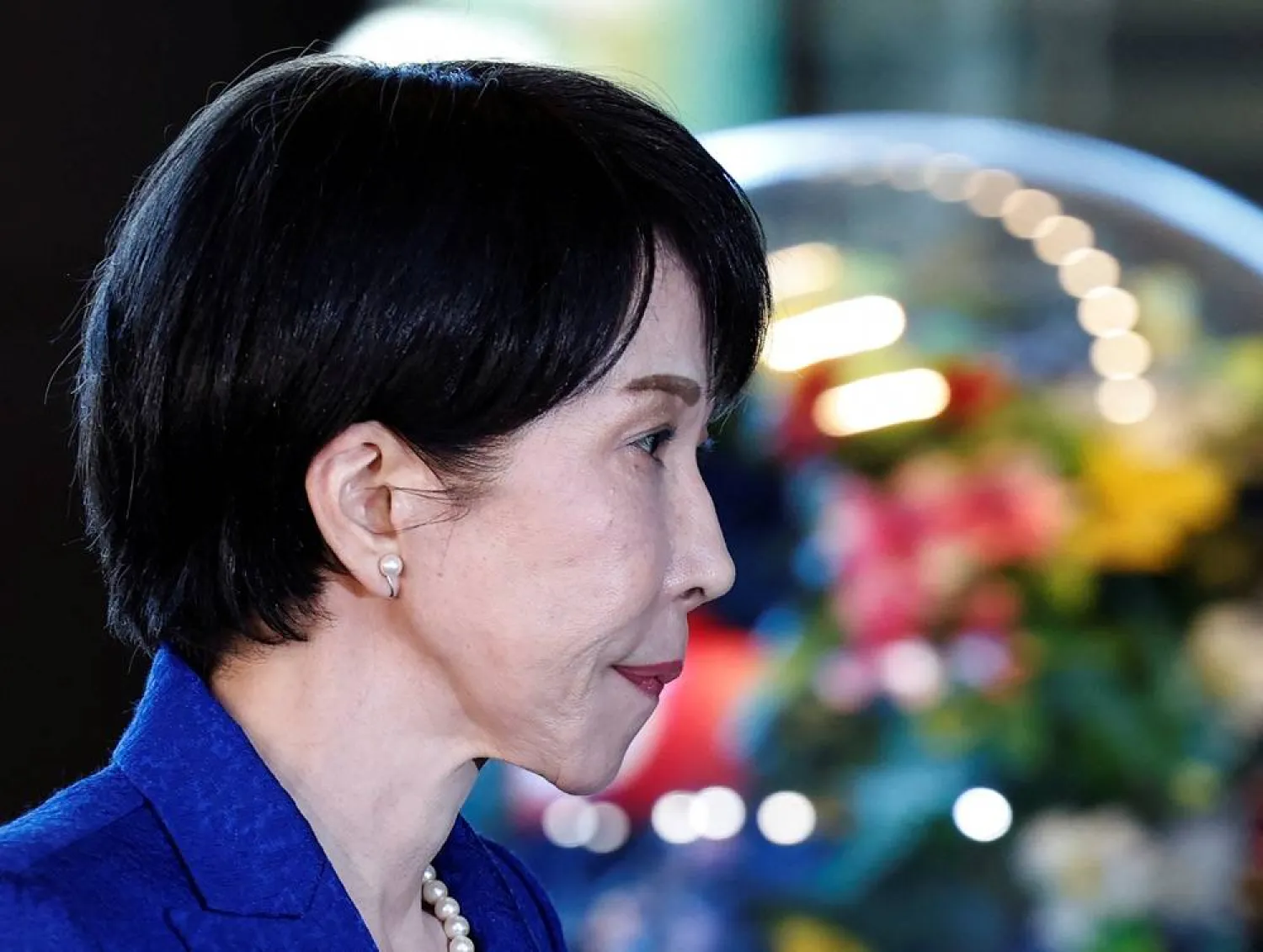African countries joined world leaders to condemn last Friday’s terrorist attack on a concert hall outside Moscow which killed 137 people, expressing their condolences and solidarity with Russia, a power gaining wide influence on the African continent.
African Union (AU) Commission Chairperson Moussa Faki Mahamat said Saturday that the attack in which gunmen stormed the concert hall was shocking.
“I was shocked to learn of the horrific terror attack in Moscow, claiming many victims,” Faki wrote on X. “Our deepest condolences to the bereaved families and in solidarity with the people and government of the Russian Federation following this heinous attack that we condemn in the strongest terms.”
Later on Sunday, the Tanzanian government offered its condolences to the government and people of Russia, and denounced the heinous act.
“We join Russia and the international community in denouncing these heinous acts and reaffirming our commitment to combat terrorism globally,” the Tanzanian Foreign Ministry said in a statement.
Various African countries, which enjoy security and military partnerships with Moscow, such as Mali, Burkina Faso, and Niger, also condemned the attack.
African countries in the Sahel region consider Russia a strategic ally in the fight against terrorism.
Burkina Faso transitional president Ibrahim Traore expressed his “deepest condolences” over the terrorist attack in Moscow. “I condemn in the strongest terms this barbaric and cowardly act and express the solidarity of the Burkina Faso people and my solidarity with the families of the victims,” he said.
Traore added, “In the face of this heinous terrorist attack, our country is more determined than ever, in close cooperation with Russia and all partners of good will, to fight terrorists in the name of well-being of our peoples.”
A similar statement was issued from the Foreign Ministry of neighboring Mali.
The Ministry condemned the attack and expressed “deep compassion of the Malian nation to the authorities and the people of Russia.”
Similarly, Kenya termed the terrorist attack barbaric, senseless, and a counter to all fundamental principles of shared humanity.
“We convey our deep sympathies to all those affected by this heinous act,” Musalia Mudavadi, prime cabinet secretary and cabinet secretary in the Kenyan Foreign Ministry, wrote on X. “They are an assault on humanity's collective moral consciousness.”
Namibian President Nangolo Mbumba also expressed deep sadness over the callous assault, emphasizing its disregard for human life.
“I join the international community in condemnation of this heinous act, which demonstrates complete disregard for human life,” he said in a statement issued Saturday. The President then called for global action to fight terrorism.
Ethiopia also termed the attack “barbaric and a heinous terrorist attack against innocent civilians.”
Ethiopia’s Foreign Ministry underscored that terrorism is a grave danger to humanity and requires the concerted efforts of countries around the world to prevent such loss of life.
In South Africa, Clayson Monyela, head of public diplomacy in the Department of International Relations and Cooperation, said the country condemns the act of terror.
“Condolences to the families of the victims, and we wish the injured speedy recoveries,” he wrote X.









